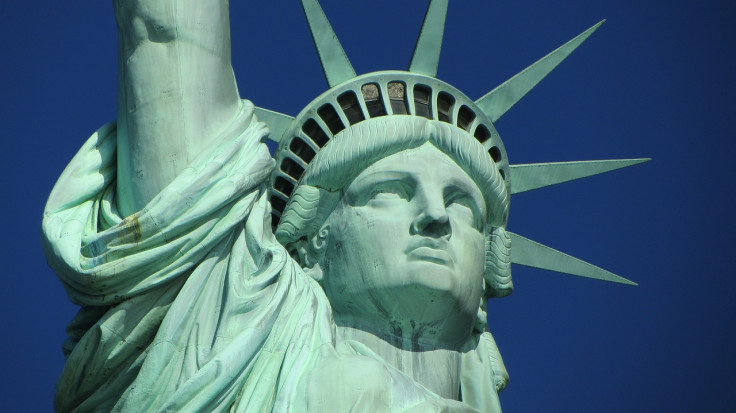
Ever caught yourself daydreaming about owning a spacious yet affordable home? It's a common scenario. You're scrolling through listings, marveling at the surprisingly low prices in lesser-known towns. But before you make any impulsive moves, it's essential to weigh your options carefully. That's where exploring budget-friendly states comes in handy. In this guide, we've curated the top 10 cheapest states to live in for 2022. We'll be shedding light on their affordability using the cost of living index. So whether you're contemplating a major relocation or simply curious.
What is cost of living?
Cost of living refers to the money needed for basic expenses in a place. These include housing, utilities, transportation, healthcare, and groceries. The cost of living index compares these expenses to the national average. A score above 100 means higher costs, while below 100 means lower costs compared to the national average.
1. Mississippi
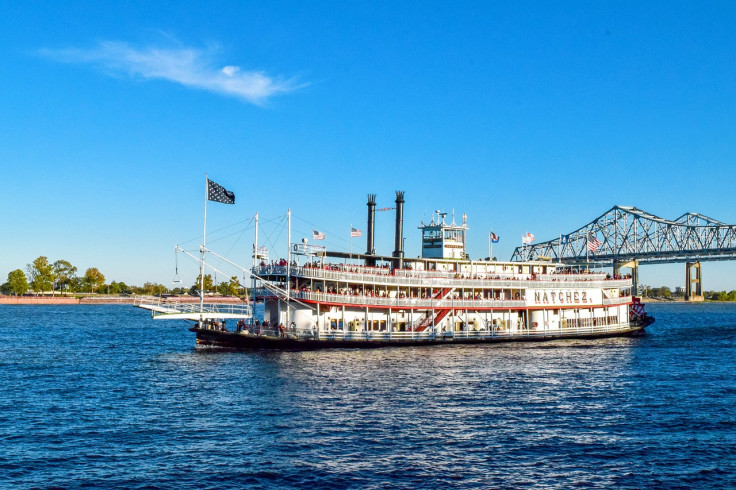
Mississippi, with the lowest cost of living index at 83.3, offers affordable housing and transportation. Despite this, the state faces high poverty rates, with nearly 20% of residents living below the poverty line. The median income for a family of four is $70,656, falling short of the living wage of $80,523. Mississippi's affordability is contrasted by its challenging socioeconomic conditions, earning it a reputation as one of the worst states to live in.
2. Kansas
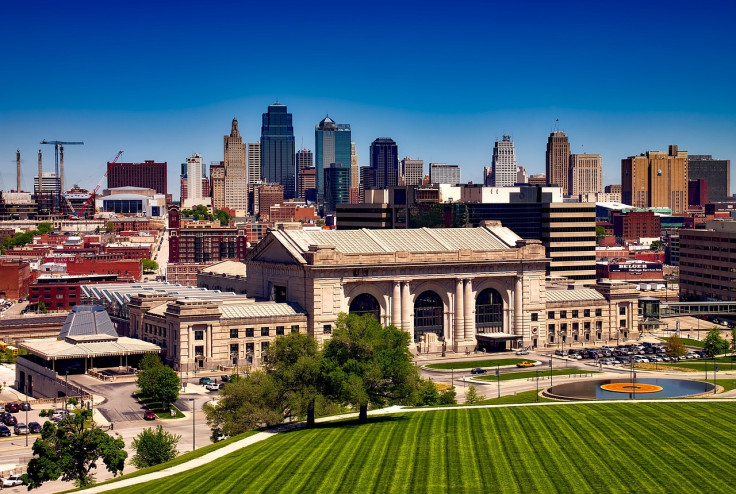
With a cost of living index of 86.5, Kansas offers affordable housing, with utilities and healthcare slightly above the national average. The state boasts a low unemployment rate of 2.5%, yet poverty rates are slightly below the national average. A family of four needs an income of $89,353 annually to cover expenses, while the median income stands at $92,980.
3. Alabama

Alabama boasts the third-lowest cost of living index in the U.S. at 87.9, driven by notably low housing costs. With the average single-family home priced at $170,184 and a two-bedroom apartment rent averaging $1,046, housing affordability stands out. Although utilities and groceries align closely with the national average, healthcare and transportation costs are among the nation's lowest. However, Alabama grapples with a high poverty rate of 15.6%.
4. Oklahoma
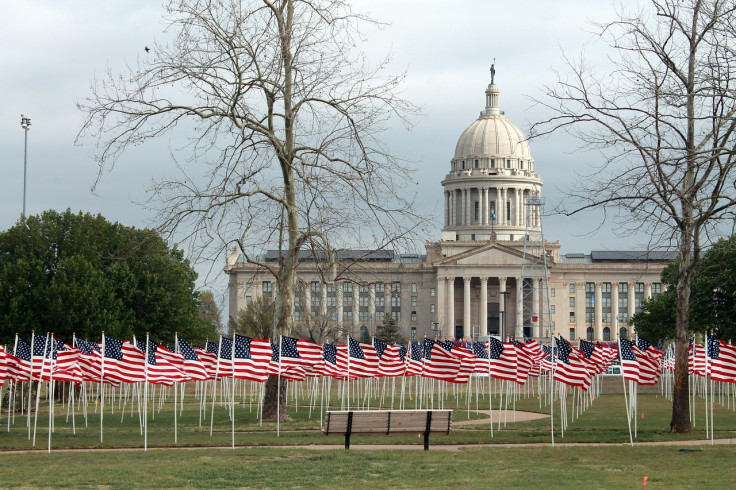
Oklahoma ranks fourth on the list with an overall score of 87.9, boasting affordability in healthcare, groceries, and housing. However, it grapples with a high poverty rate of 15.1% and faces challenges in healthcare and education. Meanwhile, Georgia comes in fifth with significantly lower housing costs and cheaper transportation and utilities. It offers a diverse natural landscape but contends with hot summers and allergy-producing plants.
5. California

California boasts the nation's third-highest cost of living index, driven by steep transportation and housing expenses. With single-family homes averaging $683,996 and rent at $1,884 for a two-bedroom apartment, costs are notably higher in major cities like Los Angeles and San Francisco. Despite a median family income of $105,232, the state faces a significant homelessness crisis.
6. Georgia

Georgia ranks fifth with an overall cost of living index of 88.8, boasting below-average housing, transportation, and utility costs. The state's median home price is $246,272, and it offers a diverse natural landscape with urban centers like Atlanta and Savannah nearby. However, hot summers and allergy-producing plants are drawbacks.
7. West Virginia
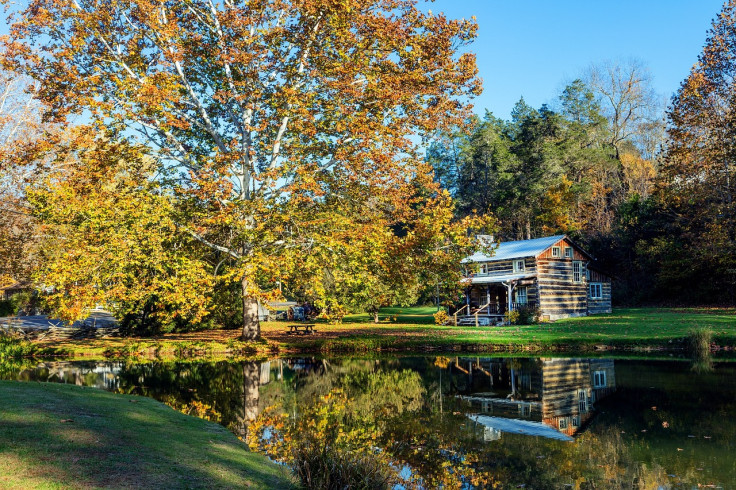
West Virginia ranks ninth for affordability, with housing costs notably below the national average. Despite its scenic beauty, it contends with economic and educational challenges, often ranking among the worst states to live in. Indiana, in tenth place, boasts low housing costs and a stable job market, but struggles with cold winters and social issues like drug addiction. Prestigious universities enhance Indiana's appeal, despite perceptions of monotony.
8. Iowa

Iowa, the eighth most affordable state with a score of 89.9, boasts housing costs substantially below the national average. With a poverty rate lower than the national average and a median home price of $167,036, it offers economic stability. Ranking ninth on WalletHub's best states list, Iowa shines with a robust economy and education system. Despite bitterly cold winters and a lack of natural landmarks, its charm lies in its affordability and quality of life.
9. Indiana

Indiana, ranking tenth with a score of 90.6, offers affordability with housing costs notably below the national average, averaging $185,805 for a single-family home. While it falls mid-range in best states lists, Indiana boasts a low unemployment rate of 2.2% and prestigious universities like Purdue and the University of Notre Dame. However, residents endure cold winters and face social challenges like high rates of drug addiction.
10. Missouri

Tennessee claims the sixth spot on our list with a score of 89.0, offering affordable housing with a median price of $230,253 for a single-family home. Despite a high poverty rate of 13.8%, the state maintains a lower-than-average unemployment rate of 3.4%. Notably, Tennessee stands out for its lack of state income tax on earned wages, attracting residents with its rich musical heritage and thriving whiskey scene.
Cost-effective living
When considering where to settle down, it's crucial to factor in the cost of living. The cheapest states offer affordable housing, utilities, and groceries, making them attractive options for budget-conscious individuals and families. However, it's essential to weigh these savings against other factors like job opportunities, quality of life, and access to amenities. Ultimately, finding the right balance between affordability and lifestyle preferences is key to making the best decision for you and your loved ones.







